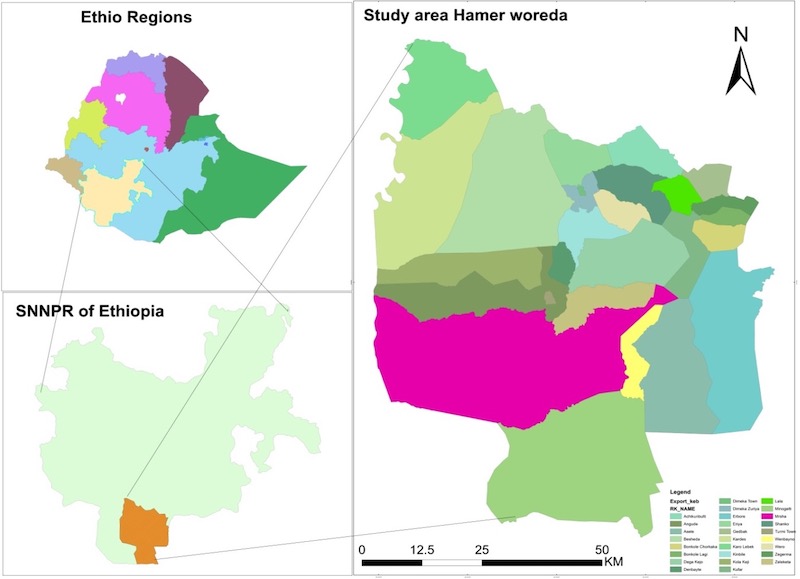About this CARP project
 Climate change-induced hazards are becoming increasingly common in pastoral areas resulting in huge loss of livestock, livelihood disruption, and environmental destruction in various parts of the country. Most recent research results reveal that climate change has accelerated the intensity and frequency of climate change-induced hazards in most parts of the country, especially pastoral areas in Ethiopia. However, most of the pastoral communities have developed indigenous knowledge practices to cope with the impact of climate change through early seasonal and weather forecasting systems, using different adaptive mechanisms to reduce the risk of climate change.
Climate change-induced hazards are becoming increasingly common in pastoral areas resulting in huge loss of livestock, livelihood disruption, and environmental destruction in various parts of the country. Most recent research results reveal that climate change has accelerated the intensity and frequency of climate change-induced hazards in most parts of the country, especially pastoral areas in Ethiopia. However, most of the pastoral communities have developed indigenous knowledge practices to cope with the impact of climate change through early seasonal and weather forecasting systems, using different adaptive mechanisms to reduce the risk of climate change.
Study site
Three kebeles (Lower administrative unit of the district), namely Lala, Besheda, and Mirsha bita gelefa of Hamer Woreda Southern Nation Nationalities Peoples Regional state of Ethiopia. South Omo Zone.
Main Research Questions
- What are the major climate change-induced hazards that affect the Hamer pastoral communities?
- How do the Hamer communities combat climate change-induced hazards?
- What kind of indigenous knowledge is being applied by the Hamer pastoral communities
- What are the barriers and opportunities for applying their indigenous knowledge as climate change adaptation strategies?
- How can the indigenous knowledge of the Hamer community be integrated into policy-making and projects in governmental and non-governmental organizations to bring sustainable change?
The projects mainly focus on identifying climate change impacts on the pastoral and agro-pastoral communities of the Hamer people, their vulnerability to climate change effects as well as identifying core indigenous climate change adaptation mechanisms to integrate with the country’s policy and modern scientific ways to reduce the wide impact of climate change effects on their life, livelihood, and environment. This research seeks to identify potential indigenous knowledge of the Hamer people in climate change adaptation and disaster risk reduction to integrate with contemporary climate and disaster risk management scientific ways as well as to get intentions of policymakers to recognize their indigenous knowledge in climate change adaptation and disaster risk reduction policies of the country.

Birtukan Atinkut, PhD


